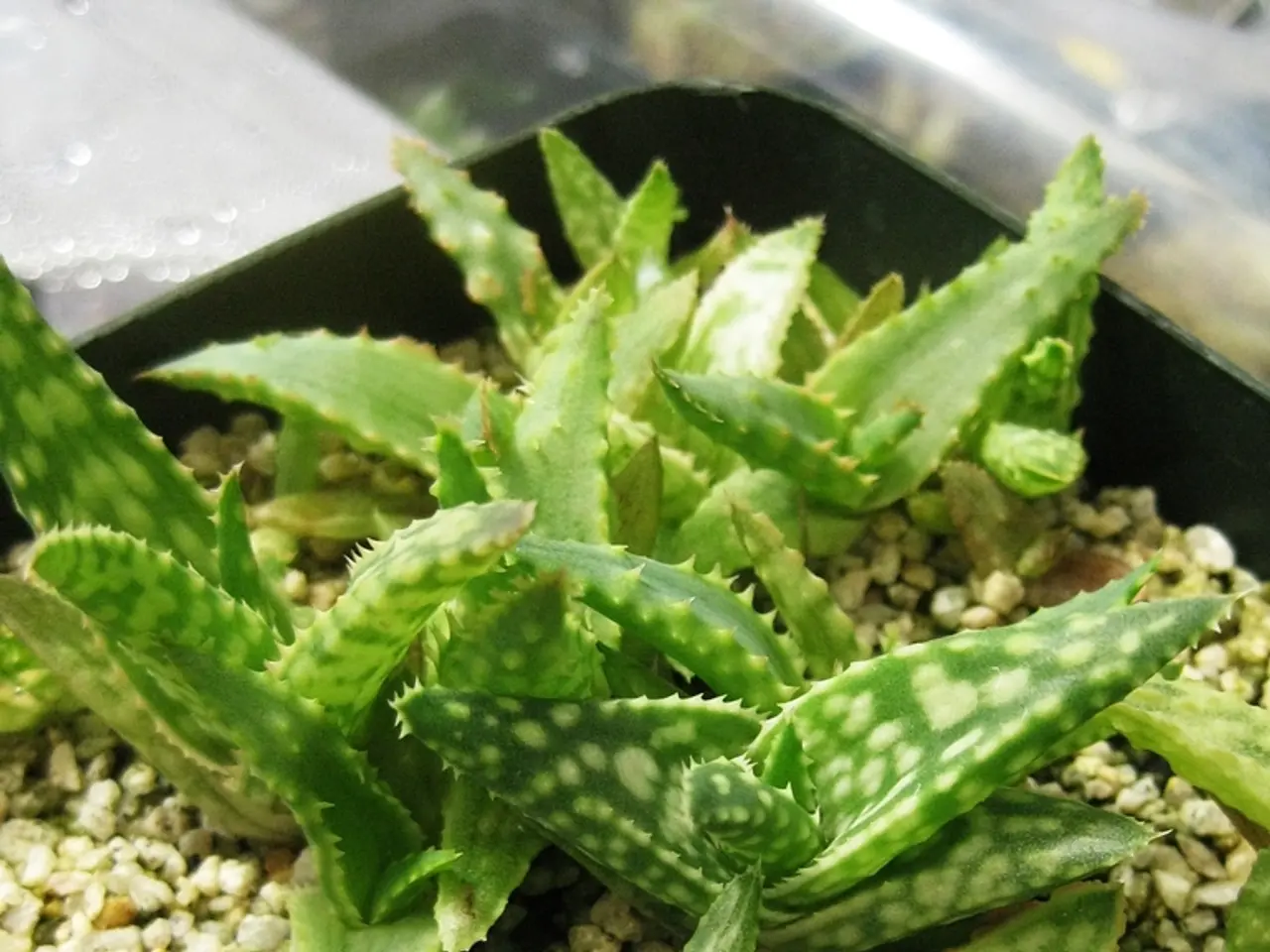Immortal Plant: Aloe Vera's Remarkable Capabilities
Aloe vera, a plant with a rich history dating back thousands of years, has long been prized for its medicinal and soothing properties. Originating from the Arabian Peninsula, this versatile plant has been cultivated in North Africa, Southern Europe, India, and beyond, spreading globally over centuries.
Origins and Historical Use:
Aloe vera's roots can be traced back to ancient civilizations. It was revered in ancient Egypt, often called the "plant of immortality," where it was used for skin treatment and wound healing. The plant also held significance for the ancient Greeks and Romans, who utilized it for various medicinal purposes. By the 16th century, aloe vera had reached the Americas through trade routes and colonization.
Medicinal Properties Throughout History:
Known for its moisturizing, soothing, and anti-inflammatory effects, aloe vera gel has been crucial in treating burns, wounds, and skin irritations. Historically, it has also been used as a laxative and to promote digestive well-being. Its bactericidal and antiviral properties have been recognized in folk medicine across various cultures.
In modern times, aloe vera extracts are widely used in cosmetics, herbal medicines, and health supplements, emphasizing skin care and hair growth benefits.
Traditional and Contemporary Uses:
Ancient civilizations used aloe vera topically for skin conditions and internally for gastrointestinal problems. Today, aloe is cultivated extensively, particularly in India, for commercial use in cosmetics and pharmaceuticals due to its well-documented healing properties and relatively easy farming practices. Contract farming has grown around aloe vera, providing economic benefits to farmers, highlighting its sustained medicinal and industrial value.
Modern-Day Benefits:
Aloe vera offers a multitude of benefits in the modern world. It can help reduce inflammation in the body, aid in digestion, and even contribute to weight loss. The plant's gel can soothe burnt skin and lighten burn marks, making it a valuable natural remedy for skin care. Regular internal intake of aloe vera can help improve the immune system.
Global Cultivation:
Africa, Asia, Europe, and America are the biggest cultivators of Aloe vera. Within each leaf of Aloe vera, a thick, water-filled gel resides that is rich in minerals, vitamins, amino acids, and antioxidants. This makes it a highly sought-after plant for natural remedies today.
In summary, aloe vera's history spans thousands of years as a versatile medicinal plant, originating from the Arabian region and spreading worldwide, with uses ranging from wound healing to skin care and internal health. Its continued role in modern medicine and agriculture underscores its enduring value.
Aloe vera's rich history has also led to its cultivation in nurseries, making it easily accessible for home-and-garden enthusiasts to incorporate into their gardening lifestyle.
With ease of farming and multiple health benefits, growing aloe vera plants in a home garden can be a rewarding gift to oneself or loved ones.
Grown in various parts of the world, the garden may become a microcosm of aloe vera's global cultivation, from Africa and Asia to Europe and America.
Among the diverse collection of plants within a garden, aloe vera stands out as a natural remedy, offering potential benefits for skin care, digestive health, and more.




